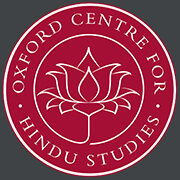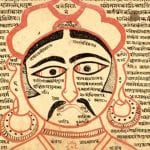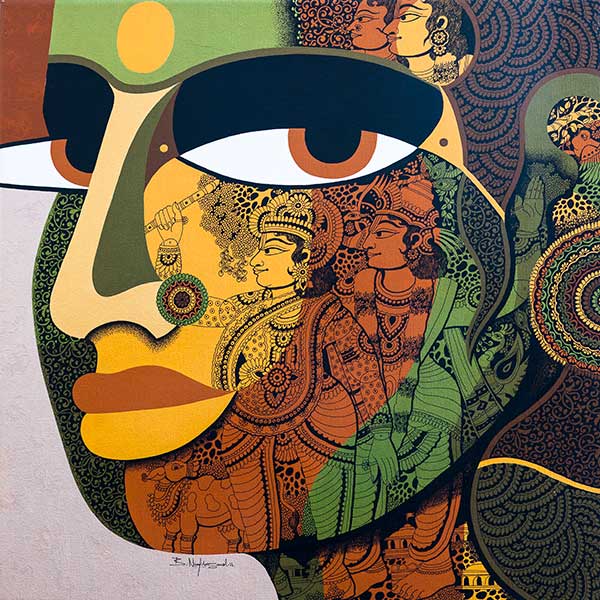A Sanskrit Kickstarter: 15–16 March
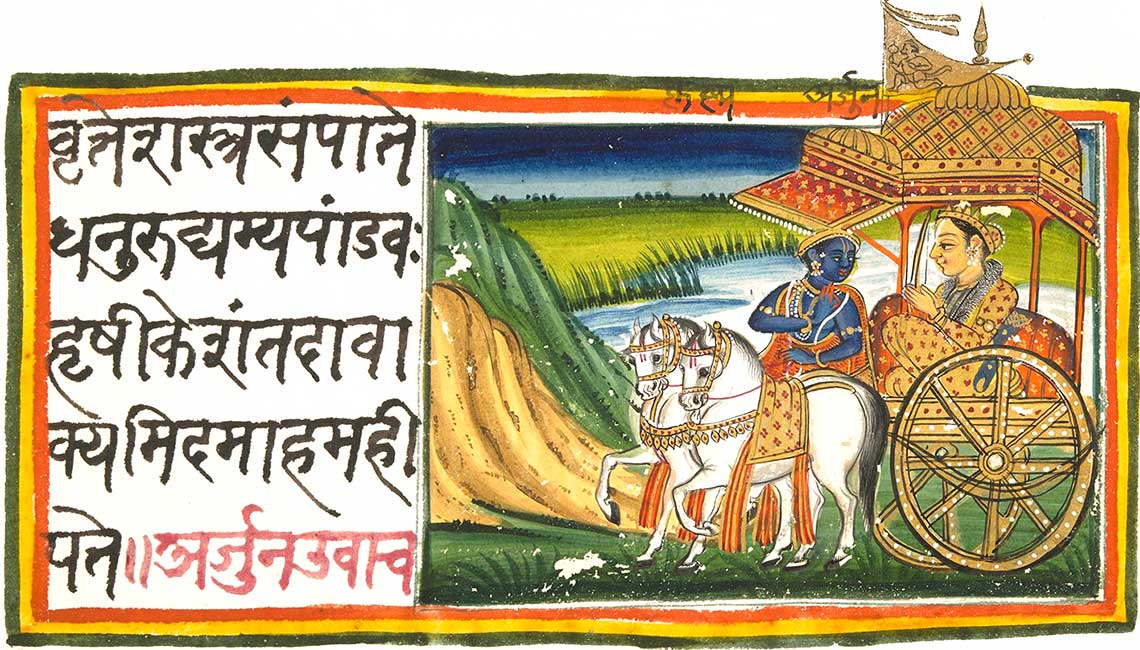
Sanskrit Kickstarter
Embark on a transformative journey into the heart of Sanskrit – the language of the Gods.
This immersive online weekend school welcomes all levels, from absolute beginners to seasoned practitioners.
Delve into the rich, meditative depths of this ancient language, the cornerstone of Indian history, science, religion, and culture. Explore the elegant Devanāgarī script, learn authentic pronunciation, and unlock the layers of meaning and grammar that make Sanskrit so captivating.
Complimentary Zoom Sessions.
As an extra thank you, enrolment in the Sanskrit Kickstarter gives you free access to next term’s (May–June) five campus-wide Zoom Sessions on a variety of related topics.
When & Where?
Online via Zoom
Saturday 15–Sunday 16 March 2025
11.00am–5.30pm with breaks between each session.
(Recordings will be made available for any sessions you may miss)
Enrolment Fee:
£345
Saturday 15 March
History of Sanskrit
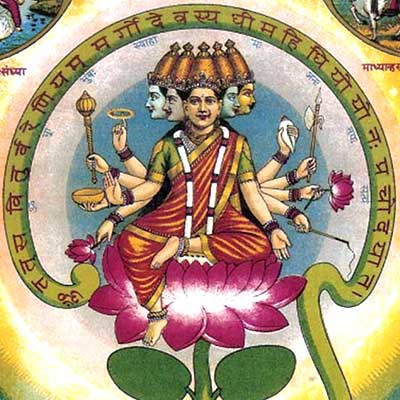 Sanskrit has left an indelible mark on the culture of India. For many Hindu traditions it is the only liturgical language, and the primary vehicle for religious teachings. But it has also been the language of literature and drama, of science and medicine, and the language of political power. This session will provide a brief overview of the place of Sanskrit in India’s rich history, both religious and secular, and explore the reasons for its enduring allure.
Sanskrit has left an indelible mark on the culture of India. For many Hindu traditions it is the only liturgical language, and the primary vehicle for religious teachings. But it has also been the language of literature and drama, of science and medicine, and the language of political power. This session will provide a brief overview of the place of Sanskrit in India’s rich history, both religious and secular, and explore the reasons for its enduring allure.
Tutor: Dr Rembert Lutjeharms
11.00–12.10am
An Early Morning Hymn to Śiva
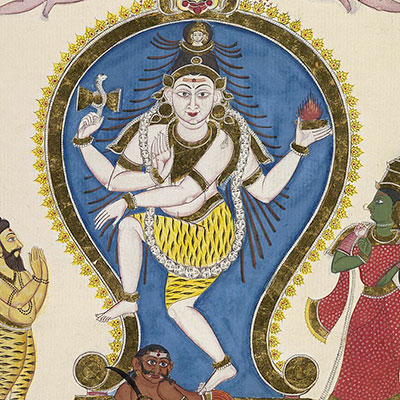 Śiva, one of the major deities of Hinduism, is the focus of a long tradition of philosophy and practice. In this class we will learn how to recite an early morning hymn to Śiva. We will analyze the grammar of the text to discern the meaning.
Śiva, one of the major deities of Hinduism, is the focus of a long tradition of philosophy and practice. In this class we will learn how to recite an early morning hymn to Śiva. We will analyze the grammar of the text to discern the meaning.
Tutor: Prof. Gavin Flood
12.20–1.30pm
Speaking Sanskrit
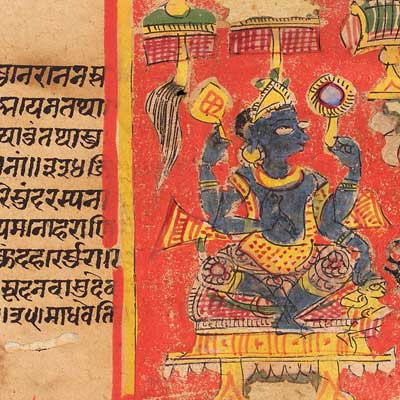 Spoken Sanskrit emphasises clear pronunciation and simplicity. In this session we explore personal introductions, traditional Gurukul systems of teaching Sanskrit, and the rhythms and patterns of spoken Sanskrit.
Spoken Sanskrit emphasises clear pronunciation and simplicity. In this session we explore personal introductions, traditional Gurukul systems of teaching Sanskrit, and the rhythms and patterns of spoken Sanskrit.
Tutor: Dr Premraj Neupane
3.00–4.10pm
Found in Translation
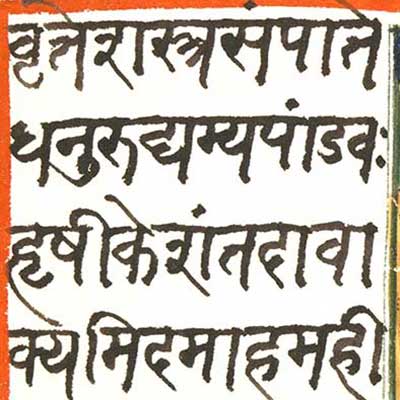 Why study Sanskrit at all? We close out Day One with an exploration of the differences between Eastern and Western approaches to learning the language and why it is helpful to integrate the two. Even a little familiarity with Sanskrit will change how you approach and understand texts. It is also important to understand how many different possible translations there are for any given word, and how many choices a translator makes. We will look at some verses and different translations together to illustrate this point. The study of Sanskrit is a practice and a meditation in itself and will also help you build a deeper connection to the Indian knowledge traditions and yoga beyond the mat.
Why study Sanskrit at all? We close out Day One with an exploration of the differences between Eastern and Western approaches to learning the language and why it is helpful to integrate the two. Even a little familiarity with Sanskrit will change how you approach and understand texts. It is also important to understand how many different possible translations there are for any given word, and how many choices a translator makes. We will look at some verses and different translations together to illustrate this point. The study of Sanskrit is a practice and a meditation in itself and will also help you build a deeper connection to the Indian knowledge traditions and yoga beyond the mat.
Tutor: Dr Zoë Slatoff
4.20–5.30pm
Sunday 16 March
Sunday Morning Mantra
 The aim of this workshop is to explore the idea that the vibrations of the Sanskrit language not only symbolise the divine but possess the capacity to embody the divine. We will do this by learning three Sanskrit chants, with emphasis on precise pronunciation, which students can practice and recite in their own homes.
The aim of this workshop is to explore the idea that the vibrations of the Sanskrit language not only symbolise the divine but possess the capacity to embody the divine. We will do this by learning three Sanskrit chants, with emphasis on precise pronunciation, which students can practice and recite in their own homes.
Tutor: Gaiea Sanskrit
11.00–12.10am
A Mantra to Śiva
 In this class we will learn the Karpūragauraṃ mantra. This is a famous mantra used during Hindu worship (pūjā). We will learn a recitation of it and break down the grammar to understand its meaning.
In this class we will learn the Karpūragauraṃ mantra. This is a famous mantra used during Hindu worship (pūjā). We will learn a recitation of it and break down the grammar to understand its meaning.
Tutor: Prof. Gavin Flood
12.20–1.30pm
Sound, Silence, and Script: The Sacred Syllable OM in Early India
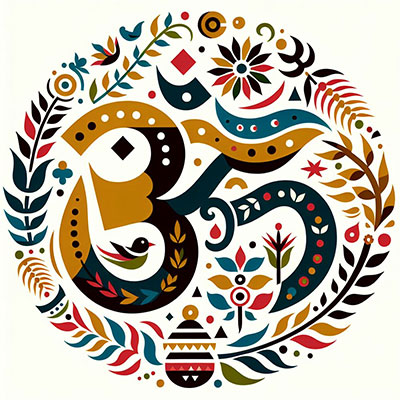
OM, a sacred syllable in many Asian religions, is often considered the sound of the cosmos and the essence of all knowledge. While it may seem beyond explanation, OM has a rich history in early Indian texts and rituals. This talk explores OM’s premodern history, focusing on its appearance in Sanskrit texts and how sound, silence, and script contribute to its meaning. We’ll see how these elements intertwine to create the iconic syllable we know today.
Tutor: Prof. Finn Moore Gerety
3.00–4.10pm
The Forest in the Trees
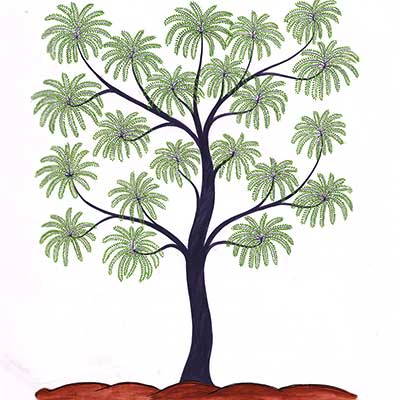 Although these days most people come to know about Sanskrit through Yoga, if you really want to understand the tradition of Yoga, it is best to learn to read the Sanskrit texts. When translating, we can think about going back and forth between the trees and the forest. The trees are the grammatical details, which are of fundamental importance, but at a certain point we need to step back and look at the greater picture – the forest – which gives context to these works. By looking at a selection of verses, chanting and discussing them together, we will see how the yoga practice we do today is embedded in these texts and how these texts, even if simplified, become embodied in the practice. We must see and understand both the forest and the trees, as well as their interconnectedness.
Although these days most people come to know about Sanskrit through Yoga, if you really want to understand the tradition of Yoga, it is best to learn to read the Sanskrit texts. When translating, we can think about going back and forth between the trees and the forest. The trees are the grammatical details, which are of fundamental importance, but at a certain point we need to step back and look at the greater picture – the forest – which gives context to these works. By looking at a selection of verses, chanting and discussing them together, we will see how the yoga practice we do today is embedded in these texts and how these texts, even if simplified, become embodied in the practice. We must see and understand both the forest and the trees, as well as their interconnectedness.
Tutor: Dr Zoë Slatoff
4.20–5.30pm
Your Tutors
Dr Zoë Slatoff

Dr Zoë Slatoff has created and tutors a comprehensive series of Sanskrit courses for the Oxford Centre for Hindu Studies. She has a PhD in Religion and Philosophy from Lancaster University and an MA in Asian Languages and Cultures from Columbia University. She teaches Sanskrit and Yoga Philosophy in the Yoga Studies MA program at Loyola Marymount University in Los Angeles. Zoë is the author of Yogāvatāraṇam: The Translation of Yoga, a Sanskrit textbook based on classic yoga texts. She also taught for many years at her yoga shala in NY, Ashtanga Yoga Upper West Side.
Prof. Gavin Flood

Author of The Tantric Body, the definitive text on Tantra. Prof. Flood is Professor of Hindu Studies and Comparative Religion at Oxford University, Academic Director of the Oxford Centre for Hindu Studies, Senior Research Fellow at Campion Hall, and Yap Kim Hao Visiting Professor of Comparative Religious Studies at Yale-NUS Singapore.
Gaiea Sanskrit

Gaiea (Gabriella Burnel) is a renowned British singer and songwriter known for her renditions of Sanskrit mantras and hymns. She holds a degree in Sanskrit from Oxford University and a Master’s in Music Theatre from Goldsmiths. Gaiea combines her love for Sanskrit with her musical talents, performing, writing, and recording songs, and leading workshops. She founded the Cosmic Choir and has released numerous albums and singles. Her music blends traditional Sanskrit chants with contemporary melodies, inspired by Indian classical music and spiritual teachings.
Dr Rembert Lutjeharms
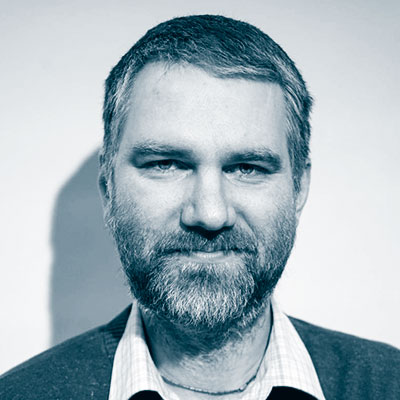
Rembert is the Librarian and fellow at the OCHS and Associate Faculty Member at the Theology and Religion Faculty at Oxford University. He is an editor of the Journal of Hindu Studies, published by Oxford University Press. Rembert holds undergraduate and graduate degrees in Oriental Studies (Indology) from the University of Ghent, Belgium, 2003. He successfully completed his D.Phil. in Theology at the University of Oxford in 2010, focusing on the theology of the sixteenth-century Caitanya Vaishvana poet and literary critic Kavikarnapura.
Dr Premraj Neupane
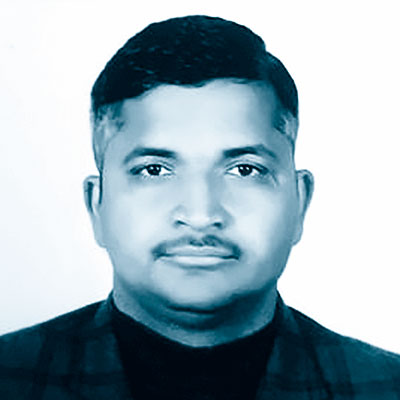
Associate Professor, Department of Buddhist Philosophy and Sanskrit Language Studies at Nepal Sanskrit University.
Prof. Finn Moore Gerety
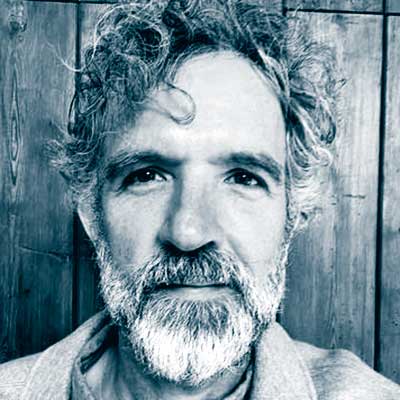
Prof. Gerety is a Senior Research Fellow in the Faculty of Asian and Middle Eastern Studies (AMES) at the University of Oxford, and a historian of Asian religions. His research centres on Sanskrit texts and Hindu rituals, particularly mantras. He co-leads the “Mantras in Religion, Media and Society in Global Southern Asia” (MANTRAMS) project, funded by a European Research Council Synergy Grant. His upcoming book, All This is OM, will be the first scholarly monograph on the sacred syllable OM.
